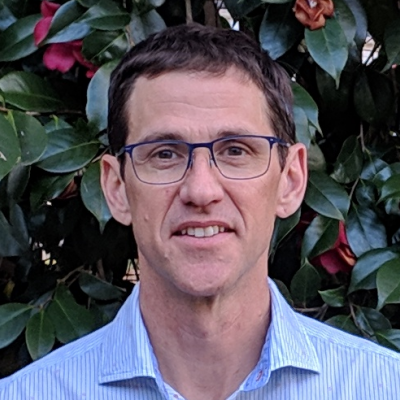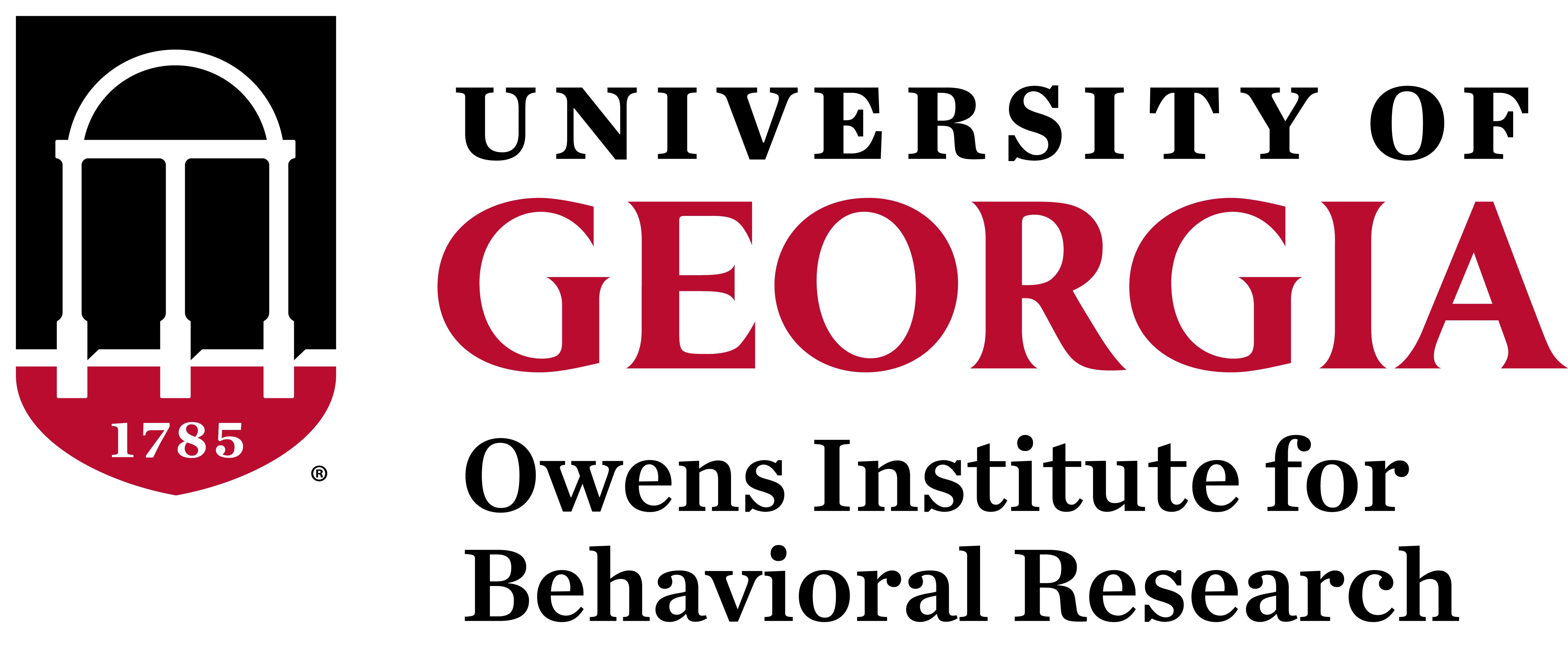Don Nelson and RISE receive Team Impact Award
 The Team Impact Award recognizes the critical contributions made by crosscutting teams in addressing today’s complex challenges. Specifically, the award recognizes a team for excellence in innovative and impactful scholarship that either has or soon promises to fundamentally advance knowledge, understanding and/or applications in ways not achievable by individual investigators or single disciplinary approaches alone.
The Team Impact Award recognizes the critical contributions made by crosscutting teams in addressing today’s complex challenges. Specifically, the award recognizes a team for excellence in innovative and impactful scholarship that either has or soon promises to fundamentally advance knowledge, understanding and/or applications in ways not achievable by individual investigators or single disciplinary approaches alone.
The members of Team RISE—Resilient Infrastructure for Sustainability and Equity—are Brian Bledsoe, Jon Calabria, Shana Jones, Don Nelson, J. Scott Pippin and Mark Risse. RISE includes both academic and public service faculty from the Carl Vinson Institute of Government, Marine Extension-Georgia Sea Grant, the College of Engineering, the College of Environment and Design, and the Department of Anthropology. Over the past several years, they have demonstrated exceptional collaboration and synergy, leading to significant academic research, applied research and technical assistance, as well as generating an impressive number of funding awards. Collaborating through the Institute for Resilient Infrastructure Systems, the members are advancing the integration of natural and conventional infrastructure systems to strengthen society’s long-term resilience to flooding, sea level rise, drought and other disruptions. By collaboratively integrating interdisciplinary research and outreach expertise, they are empowering communities to discover wise infrastructure solutions that deliver a broad array of social, economic and environmental benefits.
Don Nelson, an affiliate with the Owens Institute and a professor in the Department of Anthropology, has over 20 years of national and international experience in drought risk management, social vulnerability and participatory approaches to natural resource management. His work focuses on the human dimensions of climate variability, the role of scientific information in resource management, and how social and political relations shape decision-making and policy outcomes. A member of IRIS’s leadership team, Nelson co-leads project development and directs and conducts team research. He leads the team’s development of the NSF’s coastlines and people proposal to develop a resilience hub using the military-community interface as study areas. He is a key faculty member for the recently funded Research and Development Cooperative Agreement with the Army Corps of Engineers. Nelson also is central to the NSF proposal to establish an Engineering Research Center for Sustainably Engineered Riverine-Coastal Systems at UGA.
